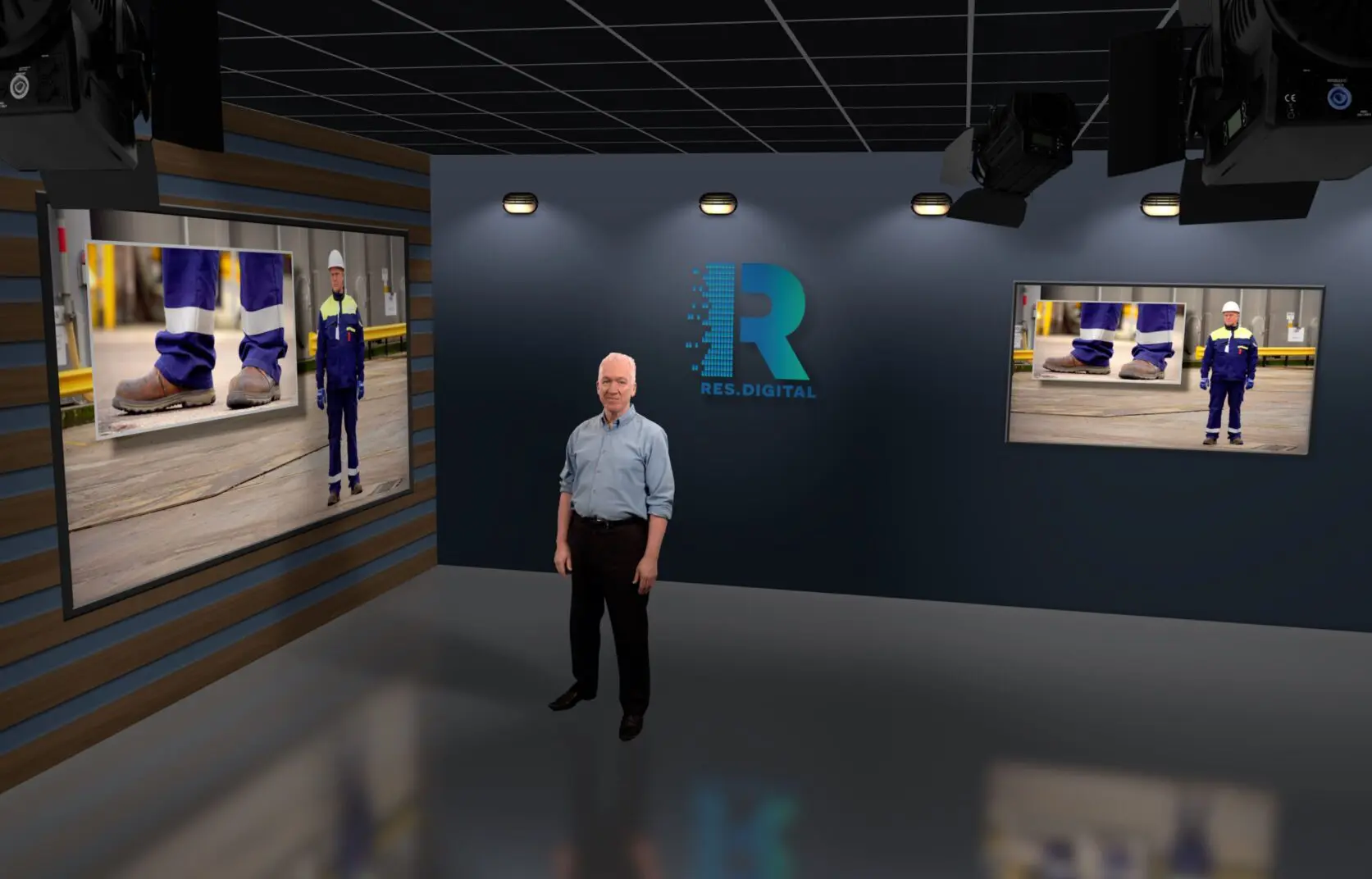Why Choose Resolution?
Since 2005, we've been transforming workplace safety through innovative technology. Our solutions combine cutting-edge software, aerial survey capabilities, and professional content production to deliver comprehensive safety management systems.
We serve clients across multiple sectors including manufacturing, construction, logistics, energy, and facilities management. Our team of experts ensures your safety operations are efficient, compliant, and future-proof.
Frequently Asked Questions
What services does Resolution offer?
Resolution provides safety management software, emergency evacuation systems, online induction platforms, industrial drone surveys, video production, and bespoke software development. Established in 2005, serving 500+ companies.
How can I contact Resolution?
Contact us by phone at +44 1724 376 002, email at hello@res.digital, or visit our office at 3 Woodfield House, Berkeley Business Centre, Scunthorpe, DN15 7DQ, United Kingdom.
What industries do you serve?
We serve manufacturing, construction, energy, mining, logistics, healthcare, and education sectors. Our safety management solutions are trusted by over 500 companies across the UK and internationally.
Are your drone operators certified?
Yes, all our drone pilots are CAA certified with full permissions for commercial operations. We use RTK/PPK-enabled drones for survey accuracy of ±30mm.
Do you offer support after implementation?
Yes, we provide ongoing support with 99.9% SLA uptime guarantee, regular updates, and dedicated customer support. Website updates are completed within 48 hours.

